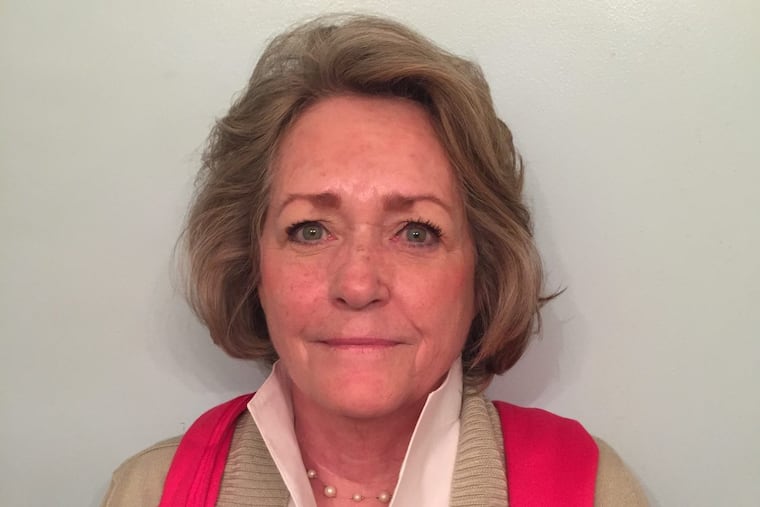How doctors help chronic pain patients taper opioid doses
It takes a long time for patients to reduce their doses. Doctors say they need lots of support.

Doctors may disagree about chronic opioid use, but on this point they are unanimous: Cutting patients off suddenly or forcing them to reduce their dose quickly is a bad idea.
Even if patients are not addicted — the official definition involves compulsive, dysfunctional behavior — they are physically dependent on the drugs and experience painful withdrawal symptoms when they don't take them.
"It's excruciating to cut someone off who's been on a high dose," said Andrew Kolodny, a Brandeis University physician and co-founder of Physicians for Responsible Opioid Prescribing.
Even opioids users who didn't have pain before they started taking the drugs feel pain during withdrawal, said Lewis Nelson, chair of emergency medicine at Rutgers New Jersey Medical School. "Every bone in your body hurts," he said.
Pain experts said doses should be tapered slowly, sometimes over many months, though there is no standard approach. Nelson recommends the same sort of medication-assisted treatment using methadone or buprenorphine that often helps heroin addicts.
Peter Yi, an anesthesiologist and pain specialist at Penn Medicine, favors a multimodal approach that is not widely available. It would include non-opioid pain medications, cognitive behavioral therapy, ideally with a pain psychologist, as well as physical therapy and exercise. Some people also respond to yoga, tai chi, meditation, acupuncture and chiropractic.
Yi asks patients to accept small reductions in their opioids dose, around 10 percent per month. At that rate, it's unusual to experience withdrawal symptoms, he said.
"It's usually a long process for them to go down," Yi said, "and it takes a lot of effort from a lot of practitioners."
Betts Tully, 71, of Chicago, said she first started using opioids for back pain in 2001 and was soon on high doses. A former pediatric nurse who later ran child care centers, she felt like a zombie. "My brain no longer worked the way it once had," she said. "I was not the same person."
It took her seven years to come off the drugs completely and another two to feel normal and for cravings to stop.
Tully, who is involved with Physicians for Responsible Opioid Prescribing, said she doesn't think all chronic pain patients should be forced off the drugs. She does think doctors should get better training about how to use them.
For now, she is feeling well enough to care for a grandchild two days a week. She keeps her weight down, walks a lot, meditates and does exercises she learned in rehab centers. The alternative treatments work, she said, "but that is harder than someone handing you a pill."
She doesn't expect to be pain free. "I take Advil and I live with a certain amount of pain," she said. "I accept that."